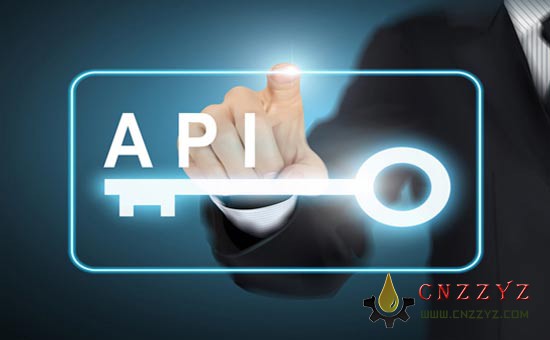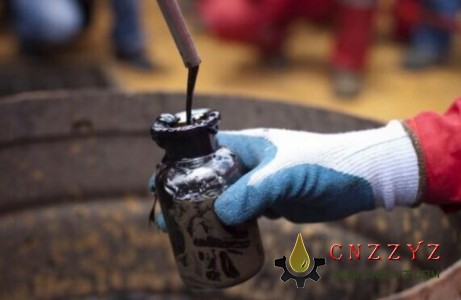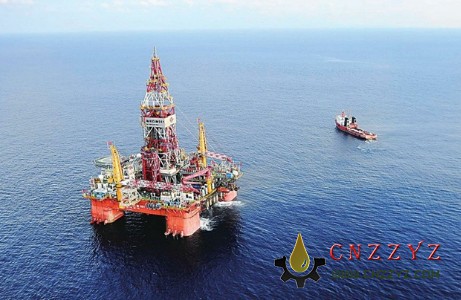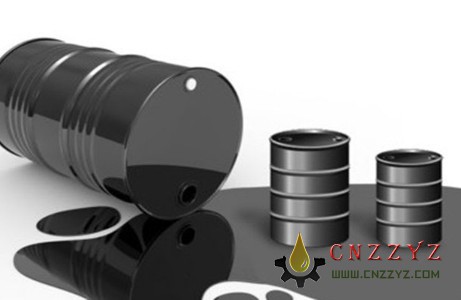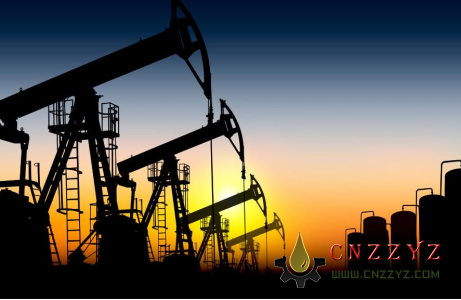石油设备网讯 据油田技术8月5日报道,在鲍里斯•约翰逊(Boris Johnson)被任命为英国首相后,总部位于利兹的都铎国际货运公司(Tudor International Freight)董事亚当•约翰逊(Adam Johnson)敦促企业紧急审查它们与欧盟企业签订的合同。
约翰逊表示,受影响的企业应该进行相关分析,以期在不退出协议的情况下寻求必要的改变。他表示,新首相多次承诺英国将在10月31日前推出欧盟,这意味着他将提高出现这种结果的可能性。英国在没有达成退出协议的情况下离开欧盟,将使其与欧盟的贸易关系不可避免地会发生重大改变。最需要考虑重大变化是英国石油和天然气企业与欧盟(EU)企业之间的合同,可能需要明确谁应在英国退欧谈判无果后,承担包括关税在内的税款,由于英国是欧盟关税同盟的成员国,这些规定不适用于这两个地区之间的货物贸易。
政府在今年3月宣布,协议若不达成,英国退出欧盟后,将导致从欧盟购买的商品的关税比例,大致与从其他国家进口商品的关税比例保持一致。不过,这一百分比将来可能会增加,因为这将是一项为期一年的短期决定。欧盟也表示将从第一天起对英国出口的产品征收关税。
约翰逊称,另一个需要重新考虑的方面是,谁是跨国界运输物品和相关费用的支付者。在英国脱欧无果之后,这个角色可能会很复杂。持有相关贸易订单的企业通常被要求在“合理时间内”完成交易,但由于多佛和英吉利海峡隧道(Channel Tunnel)等地点的货物要经过边境检查,这可能会带来阻碍。”
他强调,寻求修改合同相关协议的企业应该牢记国际商会制定的11项国际贸易术语解释通则。这些是与跨境货物贸易有关的合同和发票中使用的标准缩写。七种适用于任何运输方式,四种专门用于海运或内河运输。
他表示:“《国际贸易术语解释通则》旨在减少贸易商之间的误解和冲突,从而减少法律纠纷和诉讼。它们有助于明确谁负责安排和支付运输、保险和关税等问题。”
约翰逊表示,国际贸易术语解释通则包括DDP(已付运费)和EXW(工厂交货)。并表示:“买家通常承担关税, 但如果英国石油和天然气部门的出口商与外国客户签订了按DDP交货的合同,卖方将承担这一责任,并承担货物获得进口清关所需的任何其他任务。相反,如果合同是以EXW为基础签订的,客户必须在出口商所在地提货,然后负责运输、保险和关税等海关事务。”
《国际贸易术语解释通则》没有涵盖所有相关问题。因此,合同仍然需要包含额外的关键条款。例如:由于无法预见的情况而无法履行其职责的各方责任人。
他表示:“对英国相关油气企业的建议是,现在重新审视与欧盟公司的现有合同,尤其是我们已确定的关键领域。然后,如果无法达成脱欧协议成为必然,那么在必要时,寻求修改这些条款。并且注意,国际贸易术语解释通则在确保涉及重要问题和明确、简明地确定谁应对什么负责方面非常有用。除了审查并修改现有合同,我们还敦促受到影响的企业在未来从零开始起草与欧盟企业的协议时牢记这些要点,如果脱欧协议实效。”
洪伟立 摘译自 油田技术
原文如下:
UK businesses urged to review EU contracts
Adam Johnson, director of Leeds-based Tudor International Freight, has urged businesses to review contracts they have in place with companies in the EU urgently following Boris Johnson’s appointment as UK Prime Minister.
Johnson said affected enterprises should undertake these analyses with a view to seeking any changes needed in the event of a no-deal Brexit. He said the new premier’s repeated pledges that the UK would leave the EU by 31 October must mean his accession had increased the likelihood of such an outcome.
Johnson said his advice stemmed from the fact that the UK departing the EU without a withdrawal agreement would make major alterations in its trading relationship with the bloc almost inevitable.
He said: “Perhaps the most significant change to consider is that contracts between UK oil and gas businesses and companies in the EU will probably need to specify who is liable for paying customs duties, including tariffs, after a no-deal Brexit. These don’t apply to goods traded between the two areas now as Britain is part of the bloc’s customs union.
“The government announced in March that, following any no-deal Brexit, it would immediately bring the proportion of goods we buy from the EU attracting tariffs roughly into line with that applying to our imports overall. This percentage could increase in the future, however, as that would be a temporary arrangement lasting up to a year. The EU has also said it will apply customs duties to our exports from day one.”
Johnson said another important area to reconsider was who was responsible for transporting items across frontiers and meeting the associated costs.
He said: “After a no-deal Brexit, this role could be onerous. The organisation holding it is normally required legally to deliver orders ‘within a reasonable time’, but this could be more difficult because of border checks on goods passing through locations such as Dover and the Channel Tunnel.”
Johnson said businesses seeking to amend contracts should bear in mind the 11 International Commercial Terms, known as incoterms, developed by the International Chamber of Commerce. These were standard abbreviations used in contracts and invoices relating to cross-border goods trade. Seven applied to any mode of transport and four were specific to conveying items by sea or inland waterway.
He said: “Incoterms aim to reduce misunderstandings and conflict between traders and therefore legal disputes and litigation. They help specify issues such as who’s responsible for the arrangement and payment of shipping, insurance and customs duties.”
Johnson said incoterms included DDP, standing for “delivery duty paid” and EXW, which meant “ex-works”. He said: “Buyers of goods are usually liable for customs duties, but if a UK oil and gas sector exporter contracts with a foreign customer to deliver on a DDP basis, they assume this responsibility and that of carrying out any other tasks needed for the items to receive import clearance.
“Conversely, if the contract is made on an EXW basis, the customer would have to take delivery at the exporter’s premises and then be responsible for shipping, insurance and customs matters, such as duties.”
Johnson said incoterms did not cover all relevant issues. Contracts therefore still needed to contain additional key provisions - covering parties being unable to fulfil their duties due to unforeseen circumstances, for example.
He said: “Our advice to relevant UK oil and gas businesses is thus to review existing contracts with EU companies now, bearing in mind especially the key areas we’ve identified. Then, where necessary, seek to amend these, if a no-deal Brexit becomes inevitable. Remember too that incoterms can be a very useful in ensuring important issues are covered and identifying who is responsible for what, clearly and concisely.
“In addition to reviewing and perhaps seeking to amend existing contracts, we’d also urge affected businesses to bear these points in mind when drawing up agreements from scratch with companies in the EU in the future, should a no-deal Brexit take effect.”

